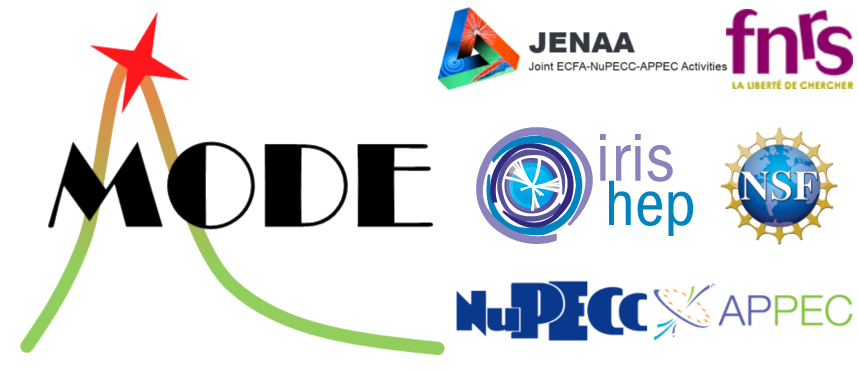Speaker
Description
The Cosmic Microwave Background (CMB) is a radiation that reaches us from all the directions of the sky. It originated shortly after the Big Bang and is the oldest radiation that we can observe in the Universe, providing us with very valuable information about the early universe and how it evolved. CMB radiation is also polarized. In particular, the next big challenge in the CMB field is to detect the so-called primordial B-mode of polarization, a very weak signal sourced by a Primordial Background of Gravitational Waves, as predicted by inflation. Therefore, its detection would constitute a very solid proof of this theory as well as a major discovery in Physics.
However, CMB observations also contain a number of contaminant astrophysical signals and instrumental noise, which are mixed in the data and that must be separated from the CMB before deriving any meaningful cosmological conclusion. This is particular challenging since the signal of interest is much weaker than the rest of the components and the characteristics of the contaminant signals are not always well known.
Therefore, a key point of CMB data analysis is the so-called component separation process that aims to extract the cleanest possible CMB signal. I will present the most common approaches to carry out component separation and discuss the possibility of tackling this problem using machine learning, whose application has recently started in this field.




